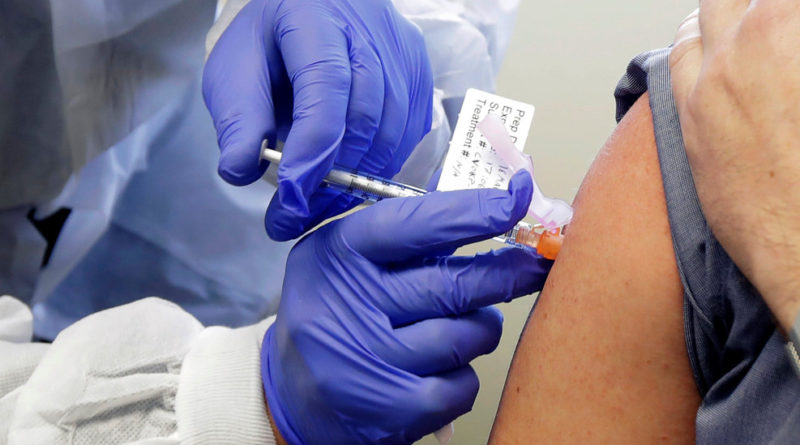Opinion | How a Covid-19 Vaccine Could Cost Americans Dearly
When AZT, the first effective drug for combating the virus that causes AIDS, was introduced in 1992, it was priced at up to $10,000 a year or about $800 a month. It was the most expensive prescription drug in history, at that time. The price was widely denounced as “inhuman.” Today that price gets you some drugs for toenail fungus.
Investors already smell big money for a Covid-19 vaccine.
The market cap of Moderna, a small Boston area company that has partnered with the National Institutes of Health in the vaccine race, has tripled since Feb. 20, to $23 billion from $7 billion, turning its chief executive into an overnight billionaire. While Moderna’s vaccine is regarded as a strong contender, the company has never brought a successful drug to market.
Manufacturers have traditionally claimed that only the lure of windfall profits would encourage them to take the necessary risks, since drug development is expensive and there’s no way of knowing whether they’re putting their money on a horse that will finish first, or scratch.
More recently they have justified high prices by comparing them to the costs they would prevent. Expensive hepatitis C drugs, they say, avoid the need for a $1 million liver transplant. No matter that the comparison being made is to the highly inflated costs of treating disease in American hospitals.
Such logic would be disastrous if it were applied to a successful Covid vaccine. Covid-19 has shut down countless businesses, creating record-high unemployment. And the medical consequences of severe Covid-19 mean weeks of highly expensive intensive care.
“Maybe the economic value of the Covid vaccine is a trillion and even if the expense to the company was a billion. That’s 1,000 times return on investment,” said Dr. Schulman. “No economic theory would support that.”
In 2015, the Senate Finance Committee came up with a simpler explanation for high drug prices. After reviewing 20,000 pages of company documents, it found that Gilead had, what the committee’s ranking Democratic member Ron Wyden of Oregon called, “a calculated scheme for pricing and marketing its hepatitis C drug based on one primary goal, maximizing revenue.”



